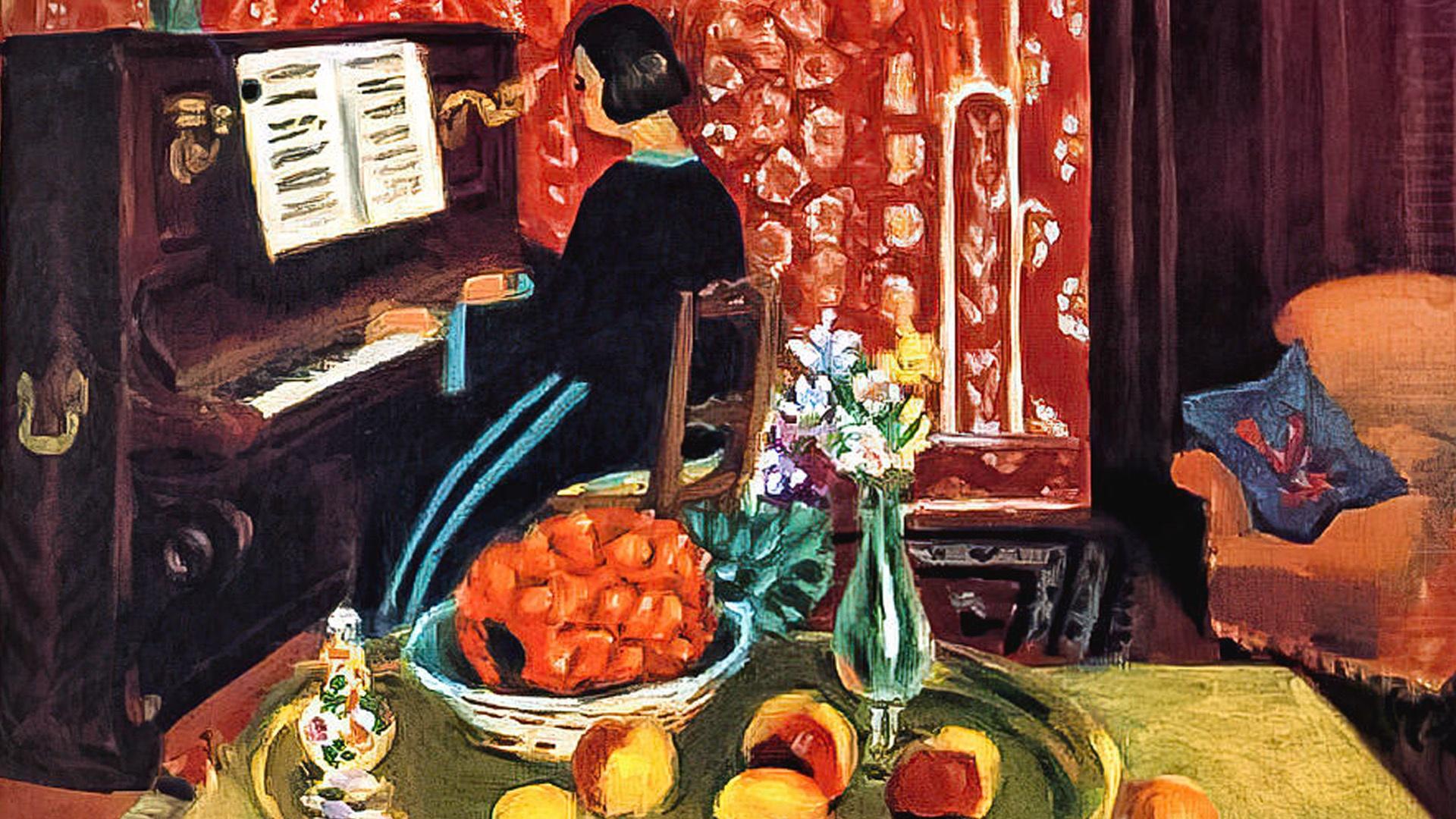Alpha-Bach Soup
Bach is one of the best-known names in classical music. When WNED Classical announcers refer to Bach, they’re always talking about JS Bach (Johann Sebastian) – the alpha-Bach. Although several of JS’s sons became fine composers themselves, their names require modifiers; they’re never just Bach. You’ll hear WNED Classical announcers instead say WF Bach, CPE Bach, JC Bach, and on rare occasions, PDQ Bach.
JS Bach is the alpha-Bach. The father. The master. It’s impossible to overstate his importance in Western Classical Music history. He took all that was known about music up until his time, codified it, and made it better. Every composer since JS Bach has studied, learned from, and imitated him. A dozen of JS’s most famous pieces made our listener-created WNED Classical Top 100 List in 2022, including all six Brandenburg Concertos, his B-minor Mass, Jesu Joy of Man’s Desiring, Toccata and Fugue in d-minor (that scary work for pipe organ), the Goldberg Variations, the St. Matthew Passion, and Wachut auf, or Sleepers Awake. JS Bach was German and lived from 1685-1750. He married twice and was the father of twenty children. Here’s a short video biography of JS Bach.



